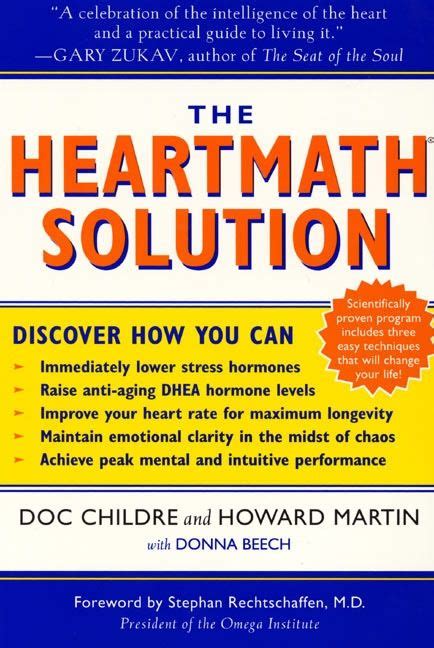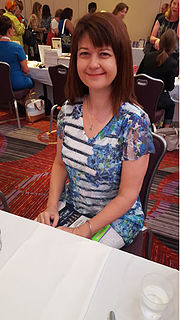A Quote by Sujit Lalwani
Let All Your Life’s Experiences Lead To More Writing Encourage More Reading..!
Related Quotes
It is a bit more challenging for the simple fact that now the stories I am writing are relying more on my imagination than on facts, more on research than on memory; so it is basically a slower writing process, more reading, more exploring. On the other hand, this approach is a little bit relieving too, since many times while writing [How the Soldieer Repairs the Gramophone] I felt too close and equal to my character.
The effects of MFA programs, and the rise of creative writing instruction more generally, are far more diffuse than people think. Even if you're a writer who has avoided institutions your whole life, you're still going to be reading a lot of writers who have MFAs, and are affiliated with universities.
What you put out comes back. The more you sincerely appreciate life from the heart, the more the magnetic energy of appreciation attracts fulfilling life experiences to you, both personally and professionally. Learning how to appreciate more consistently offers many benefits and applications. Appreciation is an easy heart frequency to activate and it can help shift your perspectives quickly. Learning how to appreciate both pleasant and even seemingly unpleasant experiences is a key to increased fulfillment.
The more you expect from life, the more your expectations will be fulfilled. By laughing, you do not use up your laughter, but increase your store of it. The more you love, the more you will be loved. The more you give, the more you will receive. Life proves that truth every hour, every day. And life continues to surprise.
When you're young, your perception of what it means to be a writer is often less about the writing and more about what seems to be the accompanying life: speeches and travel and hanging out with other writers. You think that when you get published, your life will clarify itself to you somehow. But when you don't get published until you're middle-aged you know who you are already, and your life expands to make room for your writing, rather than orbiting around it. You realize that there's no one way to be a writer, and that the job is less of an identity and more of a vocation.
Somethings get easier. You get more confident in your abilities and you learn what kind of stories sell and what don't. But your standards kept going up with your skills, the business aspect of writing grows more complicated, and it becomes really hard to maintain any semblance of a balanced life the longer you're at this. No matter what level you're at, writing is always difficult.
Writing, or at least good writing, is an outgrowth of that urge to use language to communicate complex ideas and experiences between people. And that's true whether you're reading Shakespeare or bad vampire fiction-reading is always an act of empathy. It's always an imagining of what it's like to be someone else.
It's insane to be a writer and not be a reader. When I'm writing I'm more likely to be reading four or five books at once, just in bits and pieces rather than subjecting myself to a really brilliant book and thinking, "Well what's the point of me writing anything?" I'm more likely to read a book through when I take a break from writing.
































